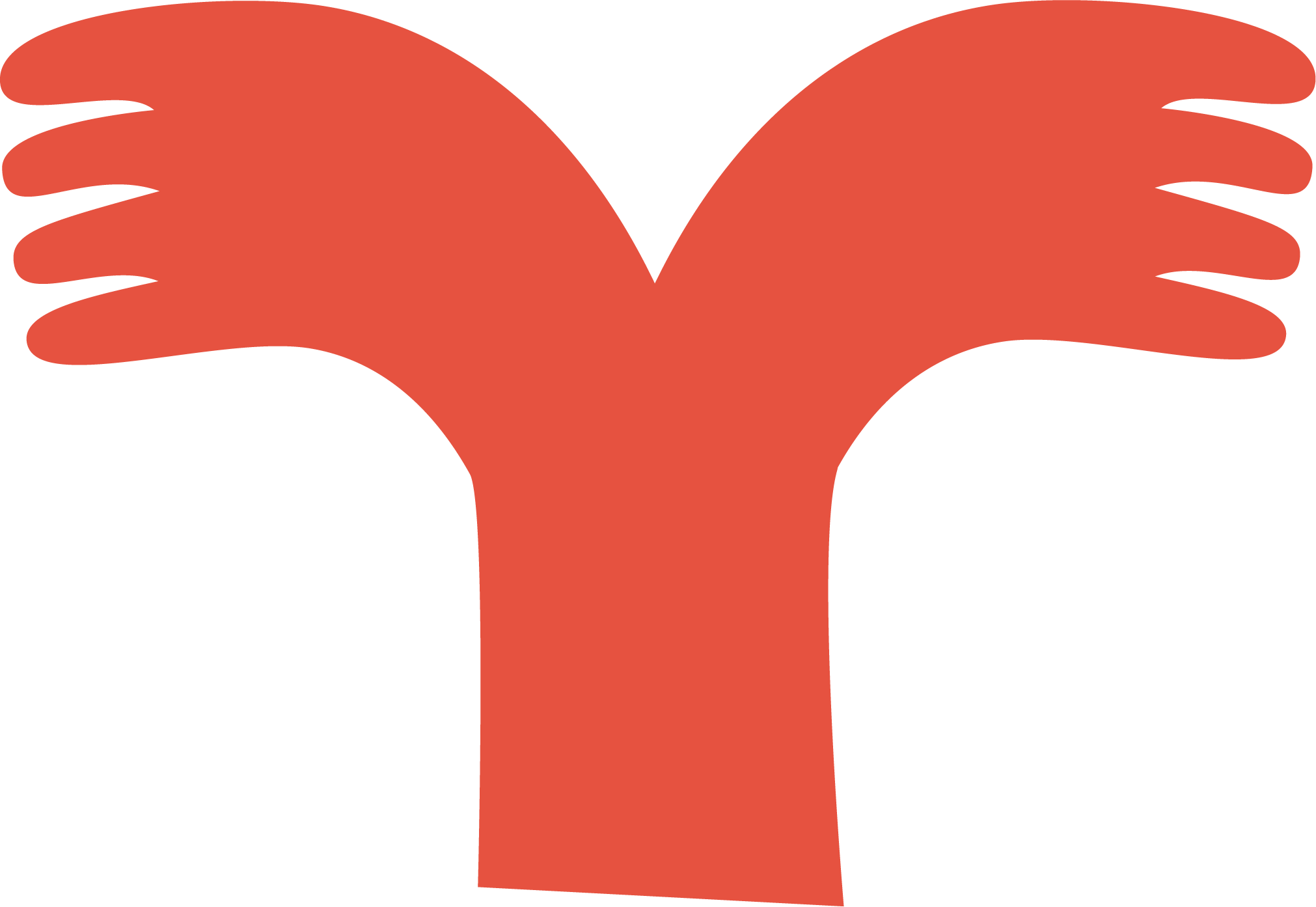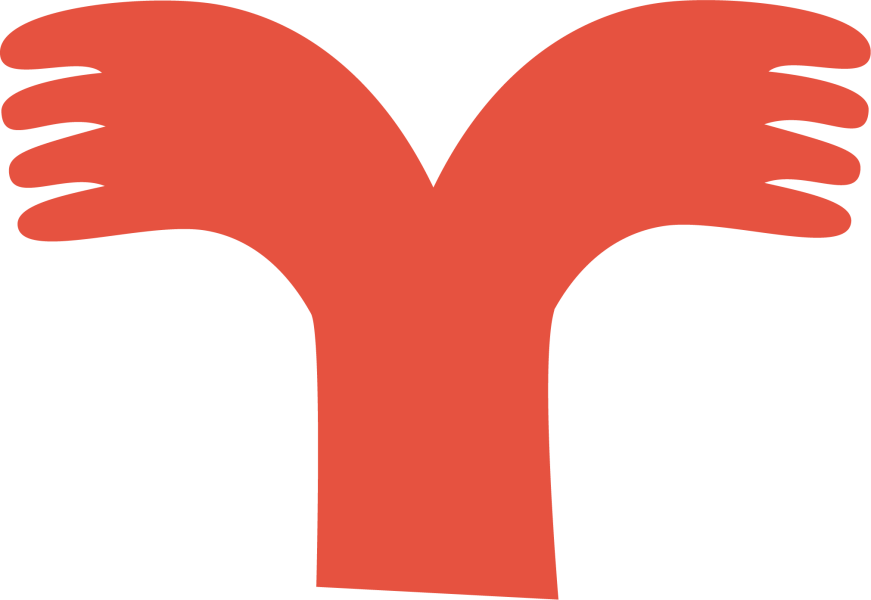
Scroll for the story
in this alone!


Lees meer over de petitie
‘Nudity’ apps used to create AI-generated child sexual abuse material are easily accessible in the App Store. It is important to add that some of these apps have a recommended minimum age of only 4.
Technology companies must face up to the fact that their platforms are being used to abuse children, and governments must hold them accountable. Countries who have signed the UN Convention on the Rights of the Child are obliged to protect children from abuse and exploitation - also online. Governments can and must take action.
Terre des Hommes Netherlands calls on governments to regulate technology companies to prevent, detect and remove online child sexual abuse on their platforms.
Technology - whether it is social media, gaming platforms, live streaming, or AI - is amplifying the problem. Perpetrators have easy access to children via social media, and videos and photos of child sexual abuse are easily viewed or distributed.
In 2023, the National Centre for Missing & Exploited Children (NCMEC) received 36.2 million reports from online platforms, containing more than 100 million images and videos of child abuse. This is likely just the tip of the iceberg.
The development of new technologies, especially the increasing accessibility of AI, is creating a horrific new reality for child sexual abuse - the amount of AI-generated child sexual abuse material found by the Internet Watch Foundation in the first 6 months of 2024 exceeded the total amount found in the whole of 2023.
Online child sexual abuse is escalating at an alarming rate. The scale of online child sexual abuse shows that parents cannot tackle this problem alone. Parents, educators, technology companies, government, politicians, and communities must work together to combat online child sexual abuse.

Scroll for the story
in this alone!

‘Nudity’ apps used to create AI-generated child sexual abuse material are easily accessible in the App Store. It is important to add that some of these apps have a recommended minimum age of only 4.
Technology companies must face up to the fact that their platforms are being used to abuse children, and governments must hold them accountable. Countries who have signed the UN Convention on the Rights of the Child are obliged to protect children from abuse and exploitation - also online. Governments can and must take action.
Terre des Hommes Netherlands calls on governments to regulate technology companies to prevent, detect and remove online child sexual abuse on their platforms.
Technology - whether it is social media, gaming platforms, live streaming, or AI - is amplifying the problem. Perpetrators have easy access to children via social media, and videos and photos of child sexual abuse are easily viewed or distributed.
In 2023, the National Centre for Missing & Exploited Children (NCMEC) received 36.2 million reports from online platforms, containing more than 100 million images and videos of child abuse. This is likely just the tip of the iceberg.
The development of new technologies, especially the increasing accessibility of AI, is creating a horrific new reality for child sexual abuse - the amount of AI-generated child sexual abuse material found by the Internet Watch Foundation in the first 6 months of 2024 exceeded the total amount found in the whole of 2023.
Online child sexual abuse is escalating at an alarming rate. The scale of online child sexual abuse shows that parents cannot tackle this problem alone. Parents, educators, technology companies, government, politicians, and communities must work together to combat online child sexual abuse.